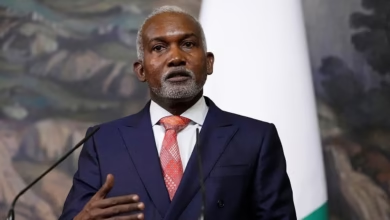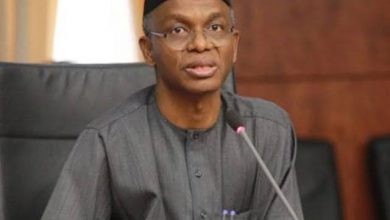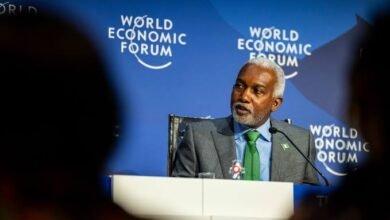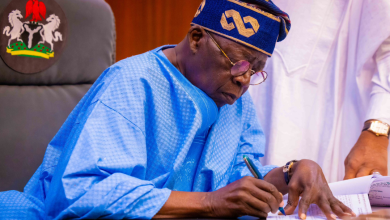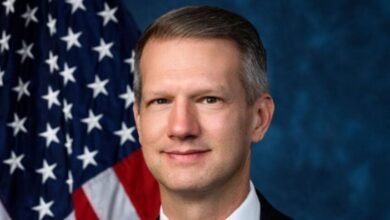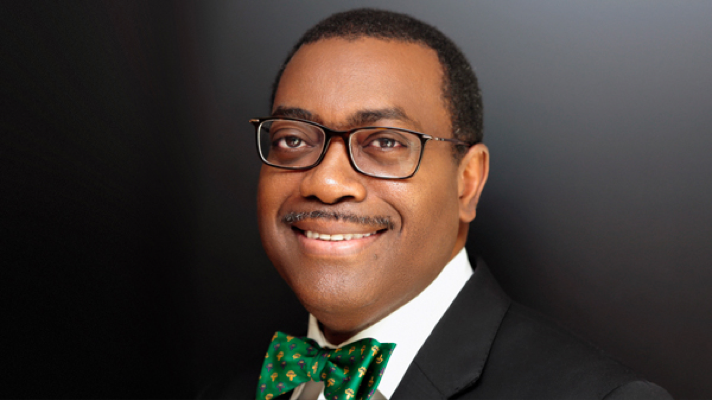
Joint efforts powers drive to light up Africa – Dr Akinwumi Adesina
On May 28, 2015, precisely 24 hours after his term as Minister of Agriculture ended in Nigeria, Akinwumi Adesina was elected President of the African Development Bank Group (AfDB) or Banque Africaine de Développement (BAD). Founded in 1964, comprises three entities: The African Development Bank, the African Development Fund and the Nigeria Trust Fund, with a mandate to eradicate poverty and better the lives of Africans. He is the eighth President and first Nigerian, anglophone to hold such a position.
AfDB is the continent’s foremost multilateral development financial institution, primarily responsible for the economic transformation of the continent. Member states are represented at the AfDB by their Minister of Finance who constitutes the AfDB Board of Governors. The AfDB has an operational presence in 37 African countries with an external office in Japan.
Adesina swung into action with the clear vision of tackling chronic power shortages, developing the private sector to drive industrialization on the continent, focus on inclusive growth and agricultural reforms to boost Africa’s productivity, establish a fiscal buffer to mitigate against economic risks which prompted the World Bank to split the bank’s sub-Saharan Africa unit into two clusters, West/Central Africa and East/Southern Africa, with two vice-presidents all pointing to Africa as an investment hub.
Indeed, during his first term, the bank saw a huge rise in assets, which comprised the largest capital increase in its annals with a capital base of $208 billion dollars. In 2018, the bank floated the Africa Investment Forum (AIF) in Johannesburg, a gainful plan of action, with the sole aim of attracting massive investment into Africa, investors were drawn from the private sector, sovereign wealth funds, pension, government. At the end of the forum, an humongous sum of $38.7 billion was raised in investment. The president’s High Fives of Light up and Power Africa; Feed Africa; Industrialize Africa; Integrate Africa; and Improve the Quality of Life for the People of Africa are Adesina’s core objectives. Numbers they say don’t lie. A review of achievements: 16 million Africans are now connected to electricity, 70 million people with improved agricultural technologies to ensure food security, 9 million people access to finance from private sector companies, provided 55 million people opportunity to improve transportation and 31 million people with clean water and sanitation. The Affirmative Finance for Women in Africa (AFAWA) initiative is projected to bridge the funding gap faced by women in Africa and extricate women’s entrepreneurship capabilities by reducing inequality, and attracting the requisite attention. A $3 billion three year social bond for Africa has been launched on the London Stock Exchange, to shield the economic and social impacts of COVID-19 on Africa while $10 billion COVID-19 is available in a stimulus facility.
Conversely, the French newspaper Le Monde, founded in 1944 at the request of General Charles de Gaulle, published strings of petitions from a group of obscure staff with a modus operandi which gave an impression that, they might be the pawns for vested interests, whose aim is to subvert Adesina’s second term reelection, slated for May. The allegations are akin to playing down achievements for the sake of political agenda. Curiously, nothing is linked to underperformance but rather trivial issues such as “unethical behavior” “preferential treatment, contracts approved in violation of the AfDB’s statutory and ethical rules”etc. Adesina has been under investigation by the Office of Integrity and Anti-Corruption (PIAC) as well as the Ethics Committee and Audit and Finance Committee. The bank’s ethics committee headed by Takuji Yano, representing Japan on the Bank, as Executive Director concluding its investigation and cleared him of any unethical action while Kaba Nialé, the Ivorian Minister of Planning and Development, chair of the Board of Governors, who decides either to close the case or conduct a fresh investigation proposed in a letter accompanying the report “to adopt the conclusions of the investigation by declaring that the president is entirely exonerated of all allegations made against him”.
Accordingly, President Muhammadu Buhari, thrilled in the euphoria of Adesina’s vindication by the Bank’s Board, hailed the outcome of the probe, and expressed appreciation to his service for Africa and Nigeria. The Nigerian leader named by the African Union (AU) as its first ever anti-corruption champion in Africa, nominated Adesina for re-election as President of the AfDB owing to his stellar performance. The smear campaign, if successful, would have rubbed off heavily on him. President Buahri rallied and got a firm endorsement of the AU and regional bloc, the Economic Community of West African States (ECOWAS) for Adesina. Recall that former President Jonathan nominated Adesina’s candidature for the top job in 2015, while then President-elect, Buhari appointed former Vice President Atiku Abubakar as Special Envoy to leverage on his contacts and embark on a shuttle diplomacy to shore up support for Adesina’s candidacy with the then President Zuma of South-Africa and the get the backing of the Southern African region. The league of former head of states, Gen. Abdulsalami Abubakar, Gen. Yakubu Gowon, Oulsegun Obasanjo, Dr. Ngozi Okonjo-Iweala just to mention a few actively campaigned for him.
Nevertheless, the AfDB has a standing for good governance, in 2018, Aid Transparency Index Report rated the bank 4th among 45 development organizations around the world as the most transparent institution by the global campaign for aid transparency, Publish What You Fund – which advocates for the “disclosure of timely, accessible and comparable information on aid by aid agencies and organizations”
Even though Nigeria is the AfDB’s largest shareholder, with a little over (9%) two principal investors in the bank, France whose share of the bank (3.7%) and the United States of America, the second largest investor chiefly allow for the suspicion of a Franco-American conspiracy, especially when it was reported that he was accused of not communicating in French during strategic session, while been a polyglot. Beijing’s incursion into the continent as a sphere of influence against the US and France hegemony is to be carefully distilled, it signals what’s been dubbed “ a new era of great power competition” with China using her resources to assert interest and value. Nigeria reveres France’s foreign policy in Africa, especially on economic development and the maintenance peace of security on the continent. France’s support for Adesina will further consolidate Nigeria-France relationship in Africa in particular and the world at large, ditto for the US, a great nation of shared value in which Nigeria places high esteem. The US will earn more integrity in Nigeria by expressing full support like it always does towards this key and strategic partner in this race for the presidency of the AfDB to allow for the president to consolidate on the good work he has achieved thus far.
Akanji is a foreign policy analyst & research fellow with the Francophone Institute

